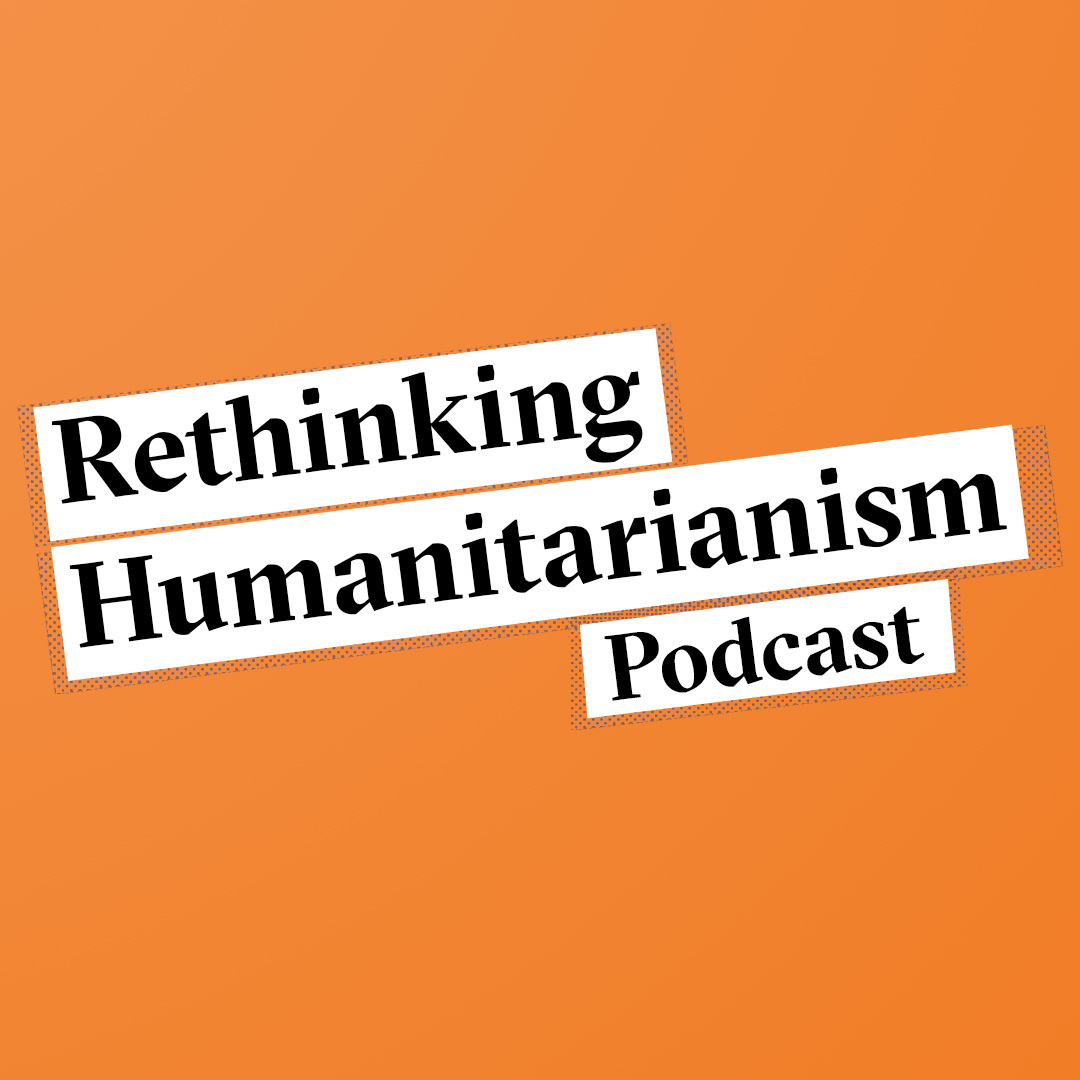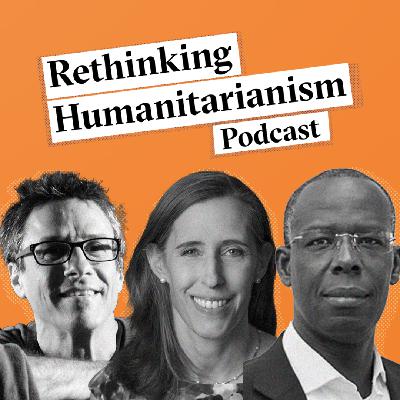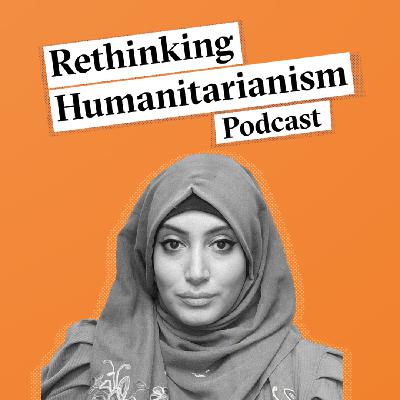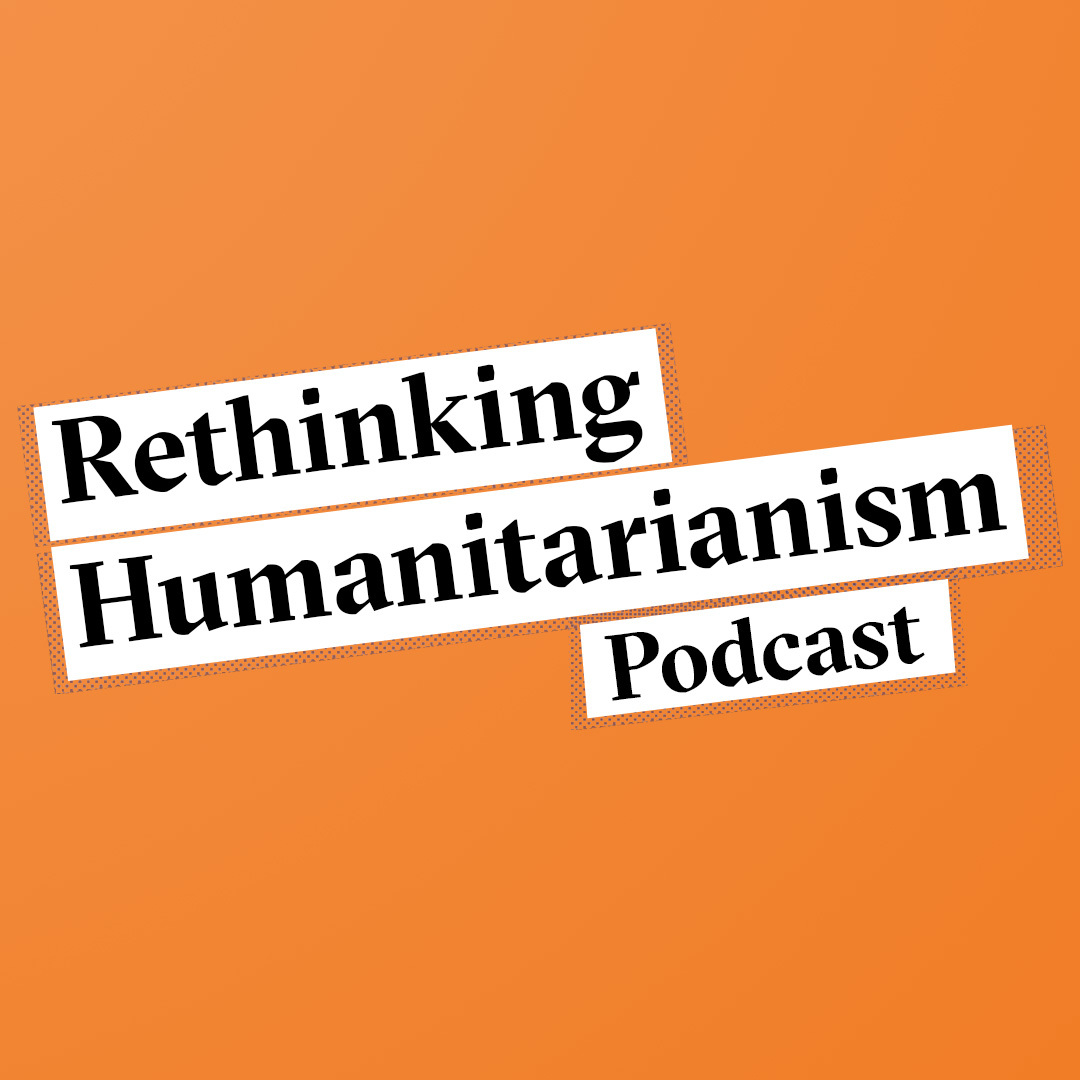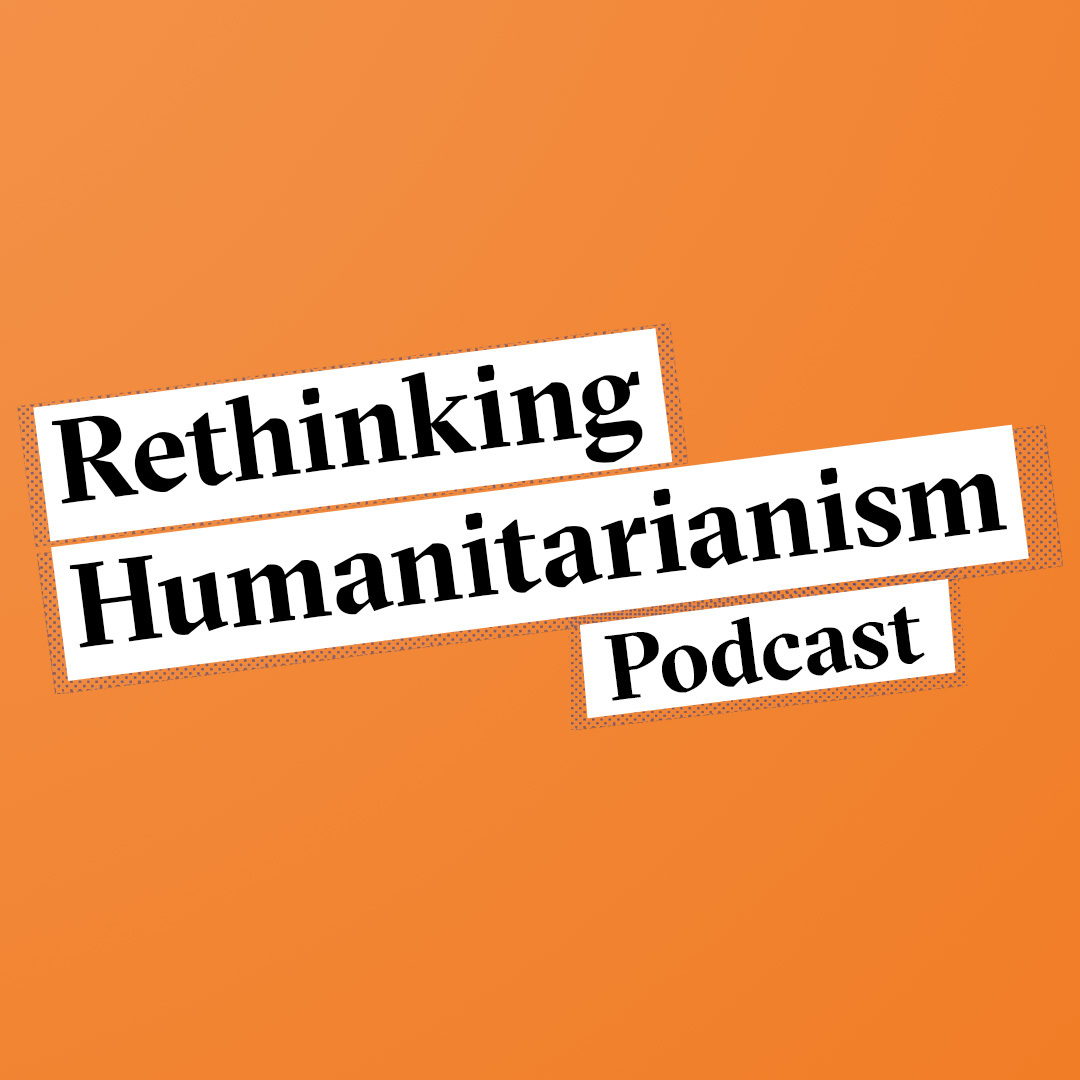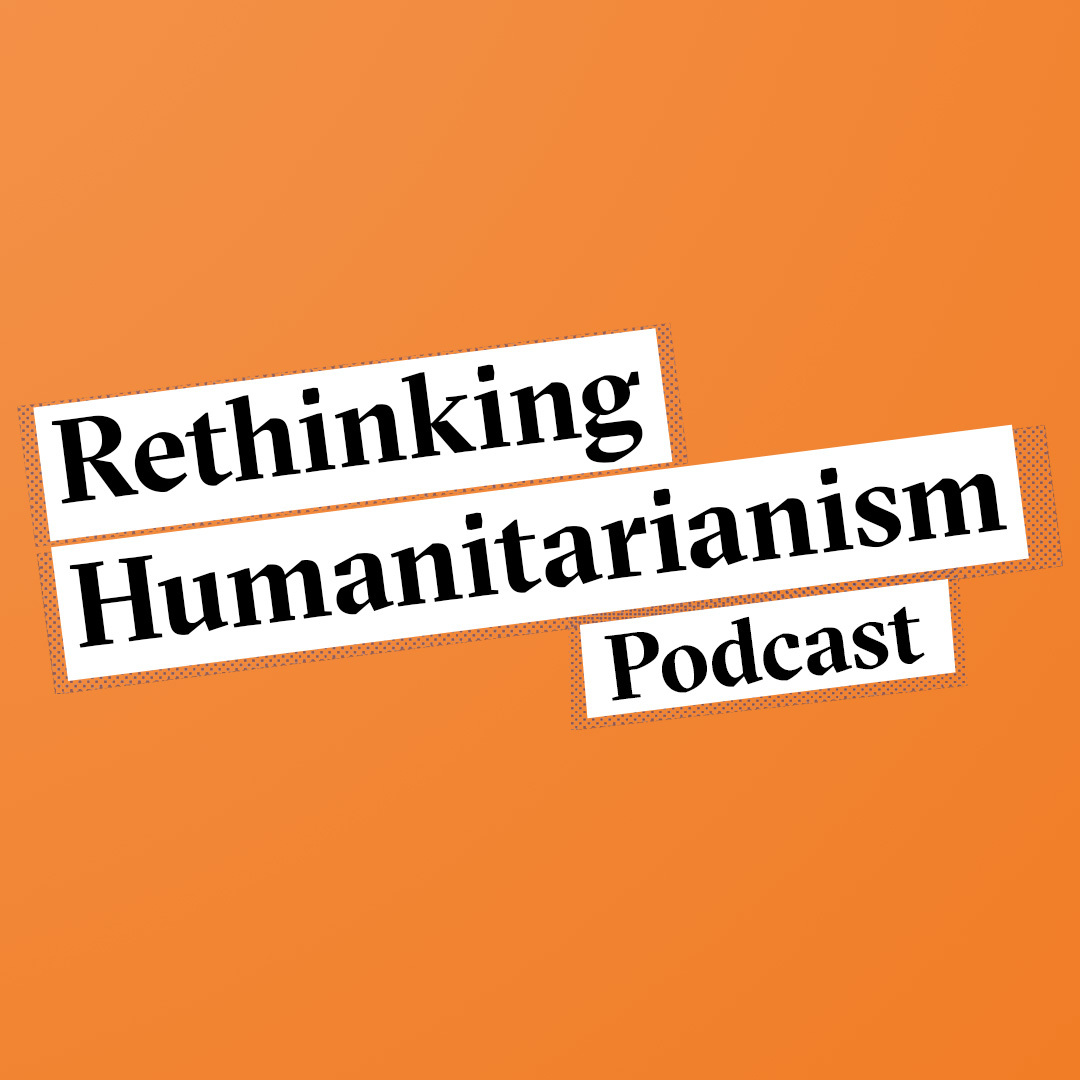How humanitarianism changed in 2023 | Rethinking Humanitarianism
Description
From new conflicts in Gaza and Sudan, to flood disasters in Libya and East Africa, to earthquakes in Morocco, Syria, and Türkiye, humanitarian crises around the world drove more than 350 million people to need help in 2023. While funding to address those needs reached record levels, so too did the funding gap. Only a third of the $57 billion that humanitarians appealed for this year was actually received – the largest shortfall in years.
For the last episode of 2023, we reflect on the year that's been, Rethinking Humanitarianism-style. Which events have forced a rethink in aid? Have any lines been drawn in the sand? And how has 2023 been a turning point in the way aid is delivered?
Co-hosts Heba Aly and Melissa Fundira convene a roundtable for a wide-ranging discussion on everything from humanitarianism's more prominent role in the climate agenda, to shifting ideologies on neutrality and mutual aid networks, and of course funding.
Guests: Nazanine Moshiri, senior analyst (Climate, Environment & Conflict, Africa) at the International Crisis Group; Irwin Loy, senior policy editor at The New Humanitarian; Dustin Barter, senior research fellow at ODI's Humanitarian Policy Group
____
Got a question or feedback? Email podcast@thenewhumanitarian.org or have your say on Twitter using the hashtag #RethinkingHumanitarianism.
____
SHOW NOTES
- Inklings | The Gaza effect, 2024 budgets, obscure acronyms
- What happened on COP28's big humanitarian day?
- Myanmar, Gaza, and why it's time for humanitarian resistance
- For some aid workers, internal Gaza tensions unearth long-overdue debates
- How mutual aid in Sudan is getting international support
- Why the Africa Climate Summit can't afford to overlook conflict
- Global Humanitarian Overview 2024: UN launches $46 billion appeal for 2024 as global humanitarian outlook remains bleak




